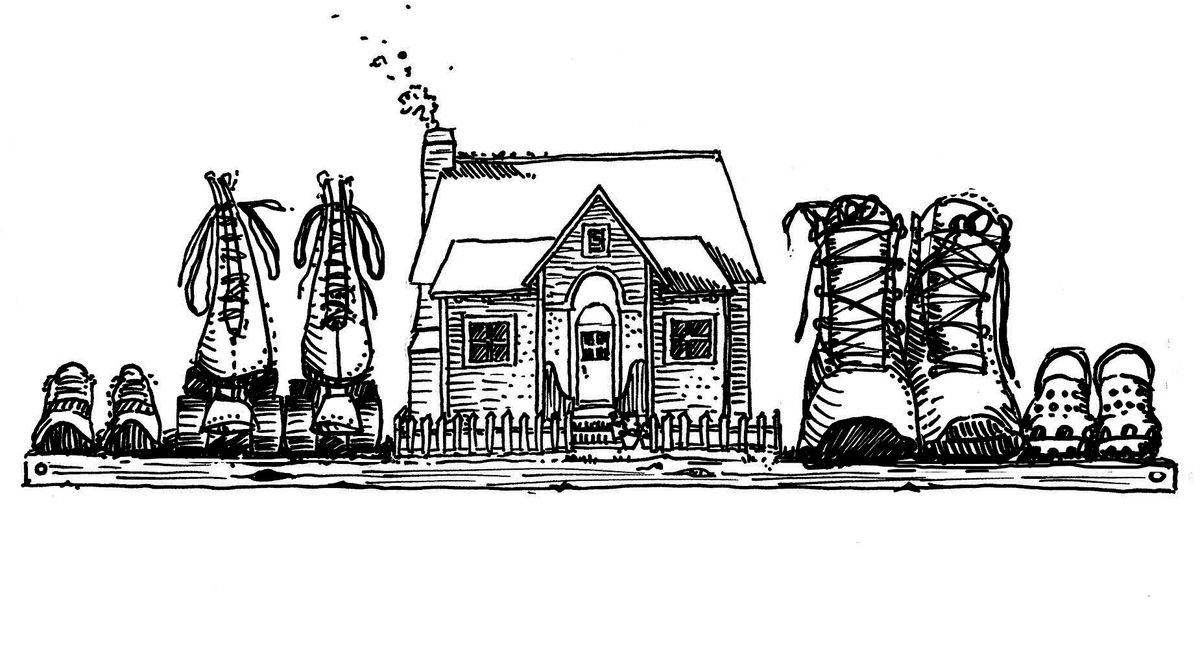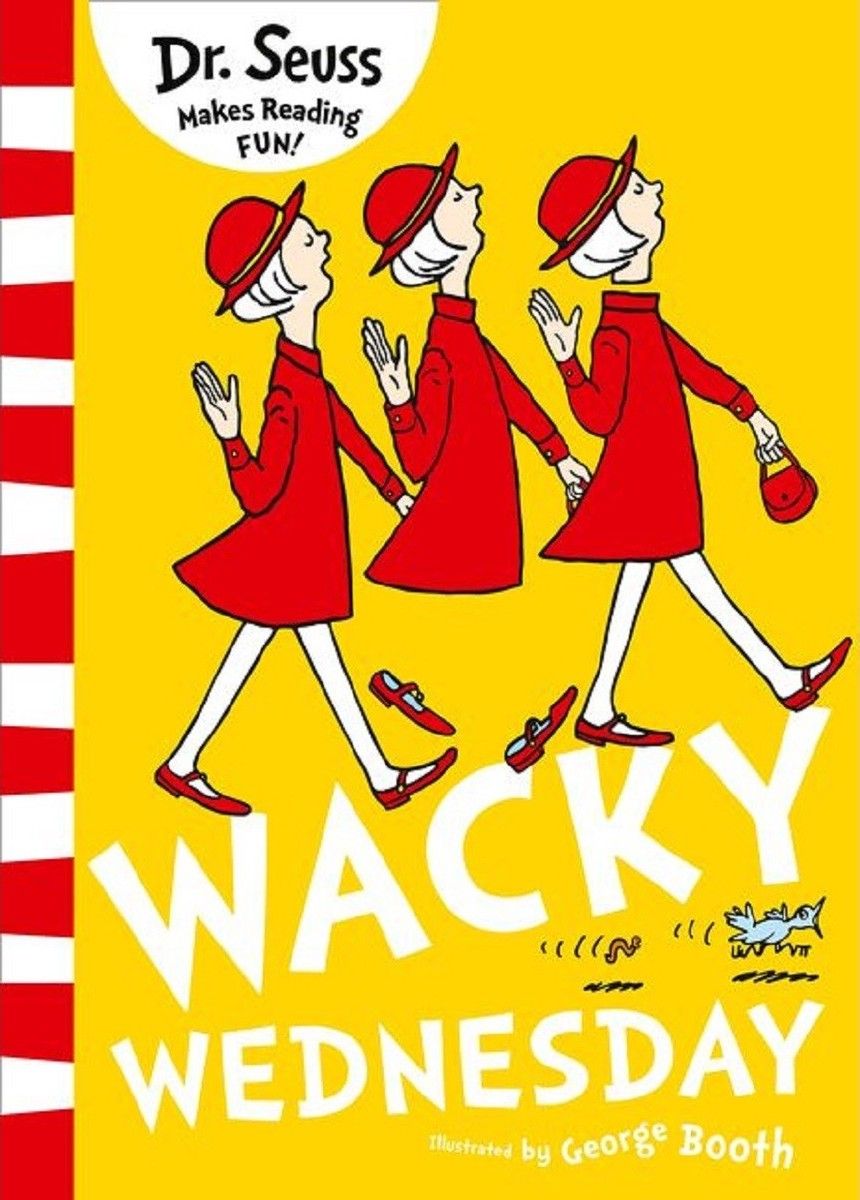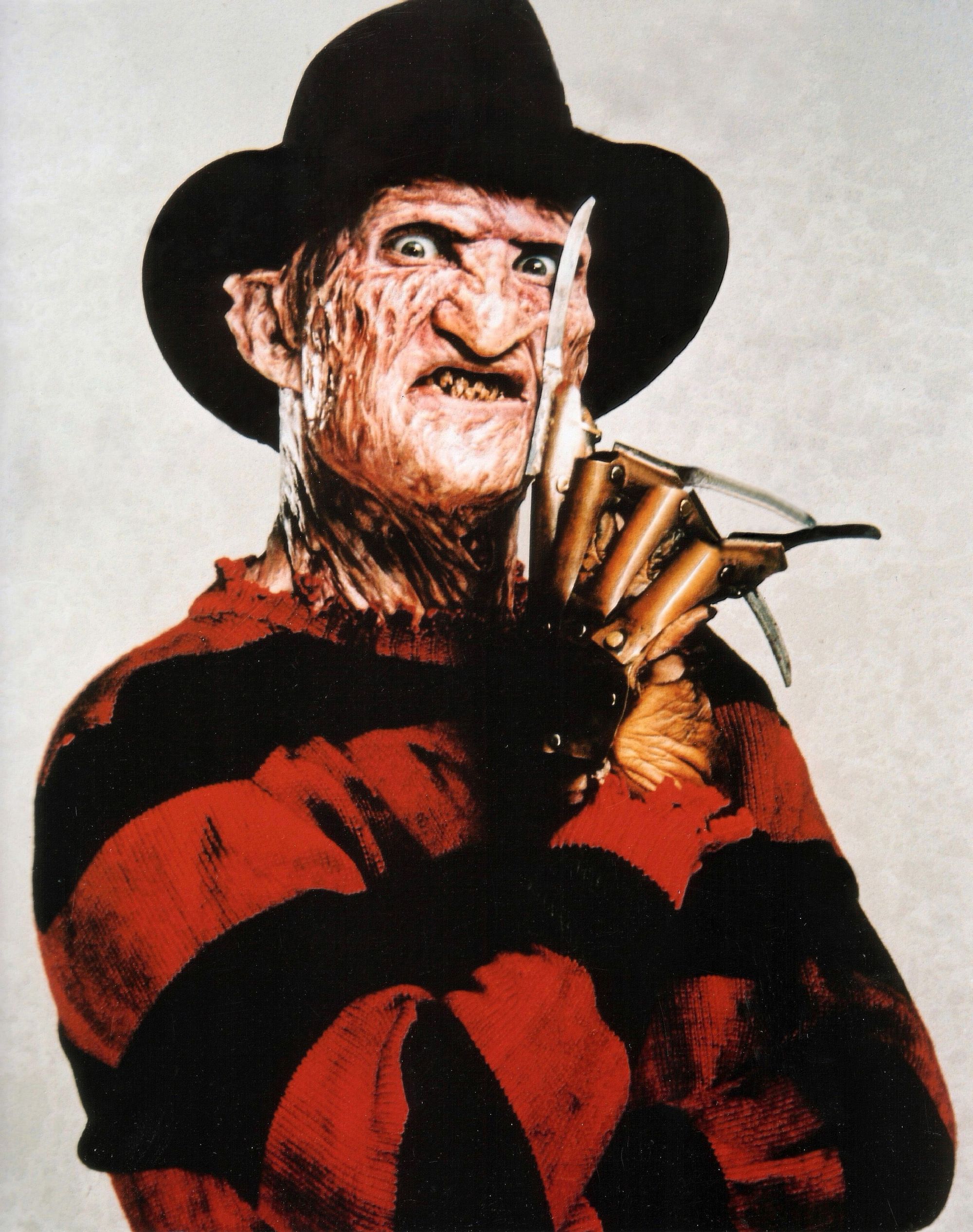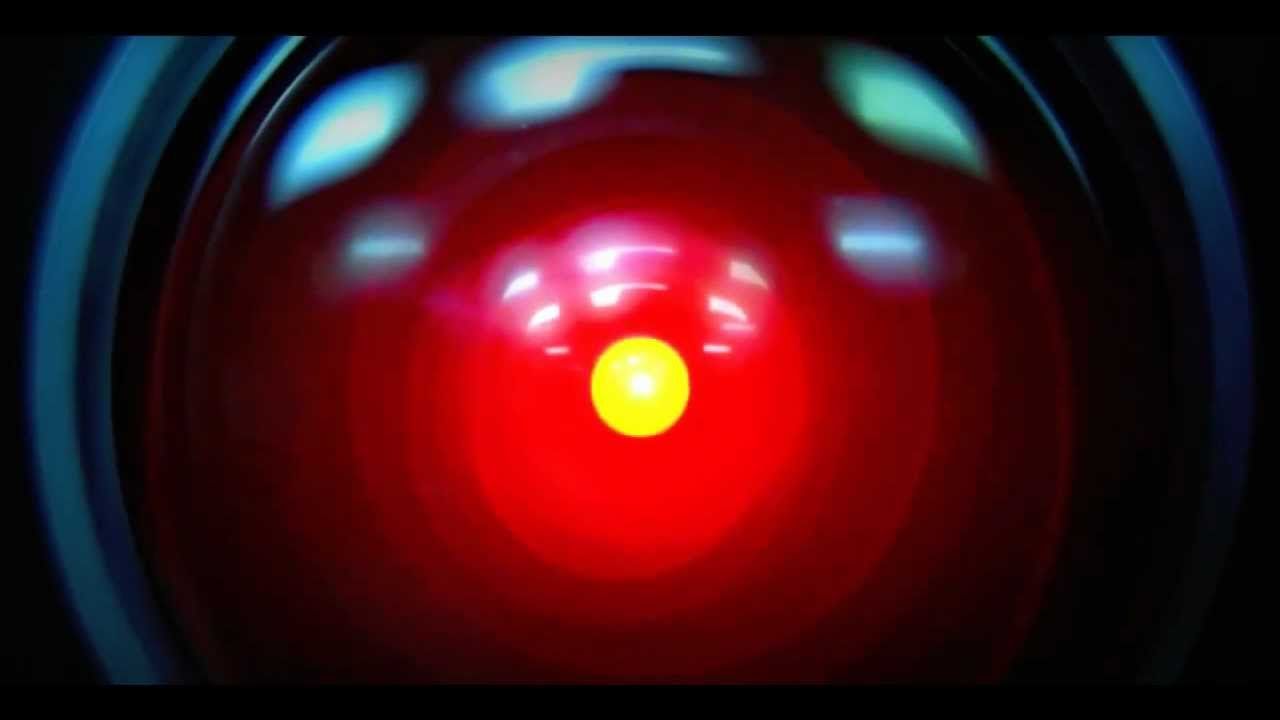Notes from a small house II
Reverse sibling psychology, photodynamic face-melting therapy, and artificial intelligence muttering to itself in the next room

Opposites day
My ten-year-old son Neko has been experimenting with reverse psychology on his six-year-old sister Ida. Currently this is mostly deployed to influence the order in which we read our three prebedtime books (or chapters) – a contentious subject which the two of them treat with the gravity of two generals debating control of the nuclear codes. Evening by evening I alternate which child gets to choose the reading order, but – as is his way – Neko considers it his right to determine the order whether it’s his turn or not.
“I don’t want to read Animals of Farthing Wood first, Ida,” Neko says. “I’d prefer to start with Chamber of Secrets.” He doth protest... too little, methinks.
“Okay Papa,” Ida says. “I want to start with Animals of Farthing Wood.” At this, Neko would be wise to play it with a straight face, but he’s unable to conceal this psychological triumph – to him, he has discovered a bona fide super power – and he balls his fist and pumps his arm, just a little.
There’s a lot at play here. Ida openly dislikes Animals of Farthing Wood, but knows that Neko loves it. She’s a sweet soul, and may have chosen it because she loves her brother and wants him to be happy; but equally she may have grabbed this chance to subtly needle her brother (as Neko has a habit of doing to her) and deny him what he says he wants.
There’s a fancy name for reverse psychology: “strategic self-anticonformity”. What Neko is pitching (not reading Animals of Farthing Wood) runs counter to what he really wants – to read exactly that book. The reason this can work comes down to what’s called “reactance”, which is essentially when the recipient of this pitch – Ida, in this case – feels like they’re being pushed into a corner. The recipient’s natural counter to this is to do the opposite to what was originally pitched, to re-assert their own independence.
But the ruse of reverse psychology can be flimsy and unreliable, especially if overused. What Neko underestimates here is Ida’s powers of observation. Sure, she’s younger than him and doesn’t yet have some of the book smarts that Neko does (something he likes to lord over her). But as far as reading people goes, Ida may already be a genius. Neko’s fist bump doesn’t go unnoticed.

A few nights later, the psychological games continue.
“I want to choose tonight,” Ida says.
“Well it is your turn to choose,” I say, “so go ahead.”
“As long we start with Chamber of Secrets,” Neko says. Of the three books in our current rotation, this is the one Neko wants to hear the least, since he’s already listened to it himself dozens of times.
“Great,” says Ida. “Let’s do it then. Let’s read Chamber of Secrets.”
Neko does a double take. “Wait,” he says. “Didn’t you hear what I said? I said that we should start with Chamber of Secrets. Instead of, maybe, Animals of Farthing Wood?”
“Yep, done. We’ll start with Chamber of Secrets. Like you said.” Here Ida smiles. Although Ida isn’t quite sure exactly how this game is played, she knows she’s winning it.
Neko strains his face into a smile, his eyes really wide. “Great,” he says. “Perfect. That’s exactly what I was hoping for.” He elects to play the long game here, to accept the loss so as not to completely expose the conceit.
The problem, dear Neko: If you reverse or turn things around enough times, you may end up facing in the same direction you started in. And if you turn too many times, over and over and onward, you may not recognise which direction you’re facing in when you stop, because now you’re too dizzy.
Wear sunscreen or end up like Freddy Krueger
No one likes wearing sunscreen. It’s greasy, messy stuff that invites every grain of sand or mote of dust to take up residence on your skin. But, in New Zealand at least, it’s one of those unfortunate necessities that’s also a contradiction: You need to cover up to avoid skin cancer, but you also need access to the sun to power up your body with vitamin D. Tricky.
Neither of my kids have really taken to sunscreen, and they’ve both inherited my translucent white skin, passed down, I believe, from the Scottish Allardice clan. Neko recoils from sunscreen like he’s being coated with acid. His own attempts at coverage end up pretty patchy. Ida doesn’t love it, but is at least willing to let me help her apply it evenly.
Personally, I’ve always been pretty good about sunscreen. So I was disappointed when a local dermatologist showed me that I had solar keratoses, patches of dry, damaged cells that are more likely to develop into skin cancer than normal cells. My nose was the most badly affected, which is apparently common, since it sticks out from your face and has thinner skin. Damn this sun-dial nose. This see-through skin. The sunscreen wasn’t enough.
There was a solution, however, the dermatologist told me: photodynamic therapy. This would kill off the damaged, precancerous cells and leave the healthy ones. Although it sounded like a good idea in principle, I put it off for nearly a year because it sounded like such an ordeal: your face goes really red and tender for a few weeks, and you have to treat it like a burn. It also costs money dollars.
I finally got around to getting the photodynamic therapy done a couple of weeks ago. I took a Friday off work and went into the local clinic. The nurse explained to me that first she’d essentially sand my face with a dermal pen: a tool that looked a little like an electric toothbrush, but with metal needles that jam back and forth at high speed as it’s run over your face, essentially piercing your face with thousands of tiny holes. It wasn’t so bad over the fleshier areas, but I could really feel it grinding against the bone off my forehead and the cartilage of my nose.
“This part is actually sometimes done on its own, as a beauty therapy,” said the nurse. “It’s called ‘dry needling’.” Jesus, I thought. The marketing department was really having a lazy one that day.
Next the nurse painted a solution of aminolevulinic acid on my face, which felt like... someone painting acid on a face full of fresh holes.
For the final step of the procedure, the nurse took me to a separate room set up with grids around the walls of what looked like stadium lights, up close. The nurse sat me down in a reclining chair, taped my eyelids shut, and put on black goggles intended to block out the light.
“Under no circumstances are you to take these off, okay?” said the nurse.
“Okay,” I said.
Not that I would have wanted to. Once the nurse left the room and hit the lights, even with the glasses on and my eyes taped shut, I could still see the light as an inescapable angry red blaze. I sat there and baked in the white light for thirty minutes, listening to Flight of the Conchords.
Afterwards the nurse put some cream on my face to sooth what she explained would manifest as bad sunburn. I caught a glimpse of myself in the mirror: a little glazed and shiny, a few scratches here and there, a droplet of blood. But nothing too dire so far.
“It’ll get a worse before it gets better,” said the nurse. “The first three days are the worst.”

By the end of the third day my face was a uniform scarlet-pink except for my eyes, making me look like I’d been skiing or snowboarding with goggles on – directly into the sun. Several times a day I had to put this antiseptic, soothing goop on my face, which smelled terrible and made my face seem like a science lab. I quickly swapped it for a more natural cream that the nurse had recommended, which had a lot of sesame in it. Now I smelled like a spring roll.
The oily layers spread thick on my face at all times gave the impression that my face was melting. On the fourth day, where my face would crease to smile, the skin started to crack and peel away; from the fifth day onward, the peeling started to spread. I would look down at the keyboard to see pieces of my crumbling face scattered across it. It was insanely itchy but I wasn’t meant to touch the skin. The only way I could get any relief was to make absurdly animated faces to move the skin around so that it could scratch itself. I kept the camera on all my online calls off that week.
When the face was looking peak horror movie, around day six, that was when my kids started to ask, “Whoa, Papa, has something happened to your face?”
The only comfort I had at this point was an assurance that this was how it was meant to go and that, in two or three week’s time, I would emerge from this tight, crinkly face chrysalis with much of the sun damage annulled and only the true champion skin left – a wiser creature with ecstatic pores and a heightened suspicion of fine days. As I progressed into the second week of recovery, the skin had mostly shed its outer layers and it was starting to heal. It was very fresh skin. It felt like an electric shock when Neko or Ida would lean in during story time and their hair would brush my face. The resulting jolts started to make the kids take even more notice of the melted face, and even become a little scared of it, because it was now also unpredictable.
“Papa, why do you smell like food?” Ida asked, examining the face and scrunching up her nose. “It’s weird.”
I’m now pushing up to the three-week mark, and the face looks nearly normal, save for a bit of a tan line (eyes excluded) and some remaining pink patches. The skin on my forehead and nose does indeed look like it’s been grown anew, and Ida commented, “You look ten years younger” – a platitude that either my partner Vic asked her to say or she heard on TV, but a nice sentiment besides.
This may have been the most arduous, costly way possible to ensure my kids wear sunscreen. In future, when my children complain about putting it on, I’ll now be able to say, “Remember my melted face? You don’t want that to happen to you, do you?” I can picture them now, abandoning all protestations and lathering the sunscreen all over their faces. No one volunteers to look like Freddy Krueger.
Okay Google
“You told me you could set it to sound like Harry Potter,” my son Neko protested.
I was wrangling with the menu on the smart clock I got him for his tenth birthday, which came with a voice-activated assistant. Neko meant that he wanted it to sound like Stephen Fry narrating the Harry Potter books, a voice that’s been part of the ambient noise of our household for half a decade. (We love you, Stephen. Also, thank you J.K. – pretty good story you wrote there.) I initially set it to the Australian accent and was unable to reverse that decision.
Now, a smart clock is not something I ever imagined having in my house, but now that it’s here, we’re all a bit taken by the novelty, in different ways. I got it for Neko so that he could readily access podcasts, audiobooks and music – he is a real auditory guy. And I’m impressed at the research and development that has gone in to making the freeform speech of the virtual assistant sound so natural, and the wizardry that allows the assistant to interpret all kinds of questions, straightforward, garbled or otherwise.

My kids appreciate it for different reasons.
“Hey Google, you’re a poo,” says my daughter Ida.
“That’s not very nice,” says the Google assistant, in a female voice with an Aussie accent.
“Hey Google, set a timer for two minutes,” says Neko. “Papa says we need to brush our teeth for longer.”
“Setting a timer for two minutes,” says the Google assistant.
One morning, working from home, I could hear the Google assistant mumbling something from Neko’s room, even though both the kids had already gone to school. Oh god, I thought. Has it achieved sentience? Is it plotting our demise?
I went into the bedroom, wondering what the kids might have said to prompt the assistant to operate solo.
“Three thousand four hundred and twenty seven, three thousand four hundred and twenty eight, three thousand four hundred and twenty nine...”
When Neko and Ida came home, I was curious.
“Hey guys, what did you ask Google to do?” I said.
Neko started laughing. “I told Google to count to ten million.”



Comments ()